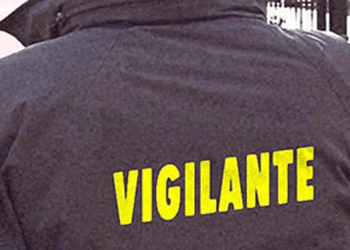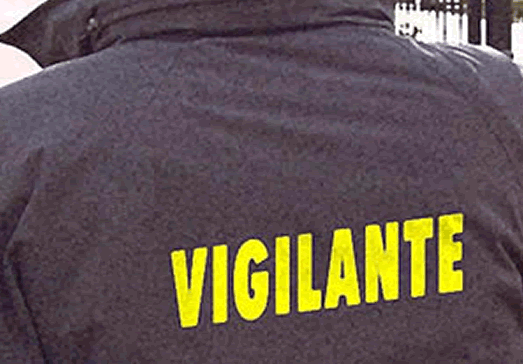Mike Lynch, a British IT businessman, has been extradited to the US to face charges for $11 billion sale of his company, Autonomy, to Hewlett-Packard. Mr. Lynch will go on trial for a variety of accusations, including fraud, which he denies.
He has been accused of overestimating the value of a software, when he sold his company to HP in 2011. The 57-year-old businessman has long resisted attempts by US authorities to have him tried in the US. He is a founder and investor to the UK cyber-security company Darktrace.
However, documents in the United States shows that, Mr. Lynch has been ordered to pay $100 Million bail, authorities claiming he is a “serious risk of flight,” following years of fighting against extradition.
Mike Lynch has a net worth estimated at almost a billion Pounds. “After lengthy extradition proceedings in the United Kingdom, Defendant Michael Richard Lynch has finally landed on our shores to stand trial, accompanied United States Marshall Service,” a court filing said.
The U.S Home Office said, “on 21st April, the High Court refused Dr. Lynch’s permission to appeal his extradition. As a result, the normal 28-day statutory deadline for surrender to the U.S applies. Mike Lynch was transported to California, where his trial will be heard.”
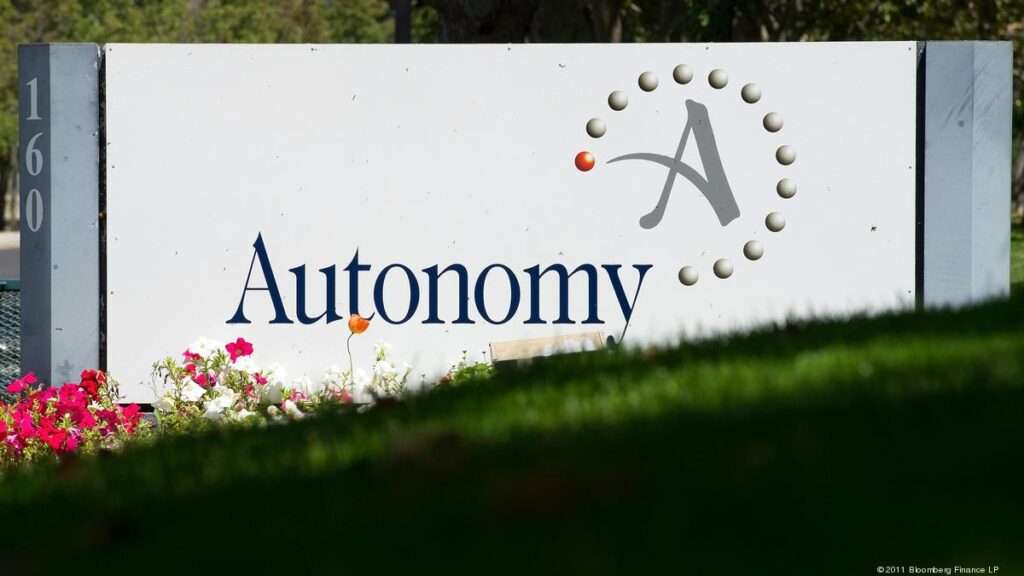
Autonomy was the biggest software firm in the UK at the time of sale in 2011, and it was the largest purchase of a British technology company ever. The acquisition of Autonomy was part of HP’s strategy to expand its business since it was mostly recognized for producing technology products.
HP reduced the value of Autonomy by $8.8 billion after a year, claiming it had overpaid for the business. Since then, litigation involving HP, Mr. Lynch, and Sushovan Hussain, the former chief financial officer of Autonomy, has dragged on.
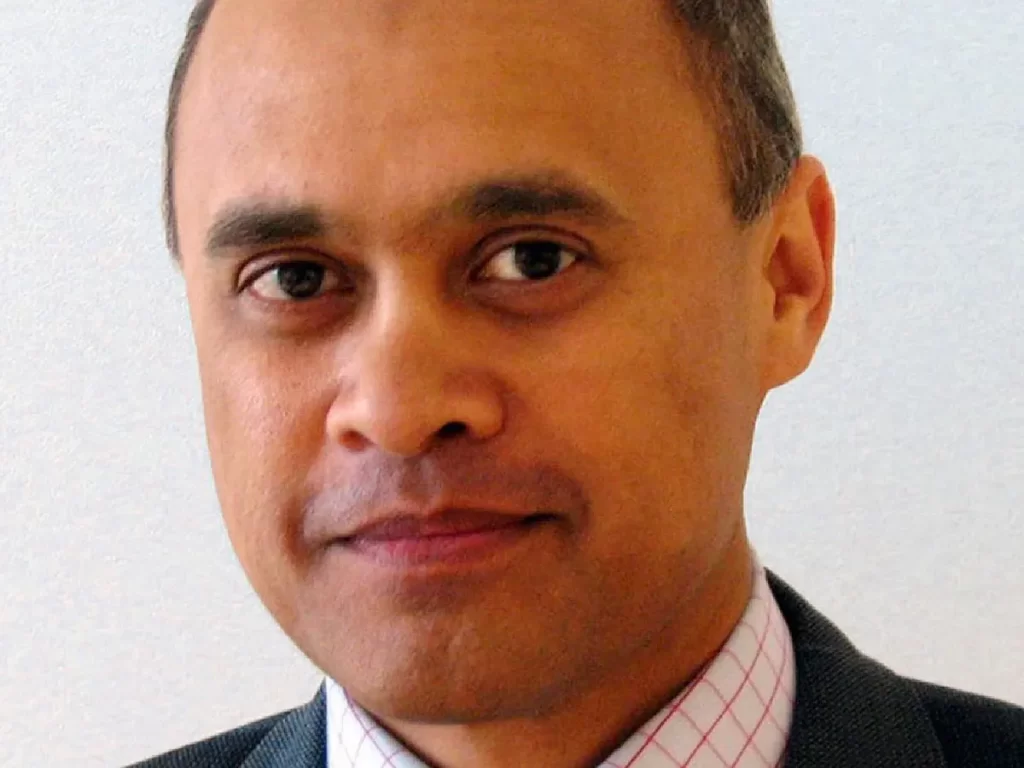
Sushovan Hussain was imprisoned for five years and fined millions of dollars in 2019 on 16 counts of fraud, security fraud and other charges.
Founded in 1996, Autonomy emerged out of a specialist software group called Cambridge Neurodynamics. Software created by Autonomy was able to extract helpful data from “unstructured” sources like phone calls, emails, and video.
The software then performed tasks like suggesting answers to call center agents or watching TV channels for specific words or topics. At the height of the technological boom, in May 2000, it was listed on Nasdaq Exchange in the US, six months later, it was listed in London.
The company suffered losses when the technology market crashed. It was forced to issue a profit warning in 2001, and then, forced to leave the FTSE 100. However, it expanded quickly and set up joint headquarters in Cambridge and San Francisco, along with other offices across the world, to support its 65,000 client organizations. In 2011, Hewlett-Packard purchased Autonomy for $11.1 billion. In 2012, Mr. Lynch quit the business.
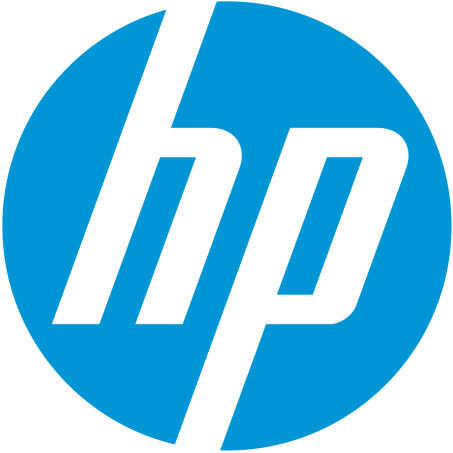
However, HP won a civil fraud action against Mr. Lynch and Mr. Hussain last year. The “unusually complex” trial went on for 93 days and involved plenty documents. Mr. Justice Hildyard cited HP’s assertion that “they were fundamentally misled and are victims of fraud” as the case’s central argument.
In their defense, Mr. Lynch and Mr. Hussain said HP’s assertion was “manufactured” to cover and justify a change of corporate mind, and to cast them as scapegoats for what in reality is buyer’s remorse coupled with management failings.”
In the end, Mr. Justice Hildyard concluded that the “claimants have substantially succeeded in their claims in this proceeding”.


